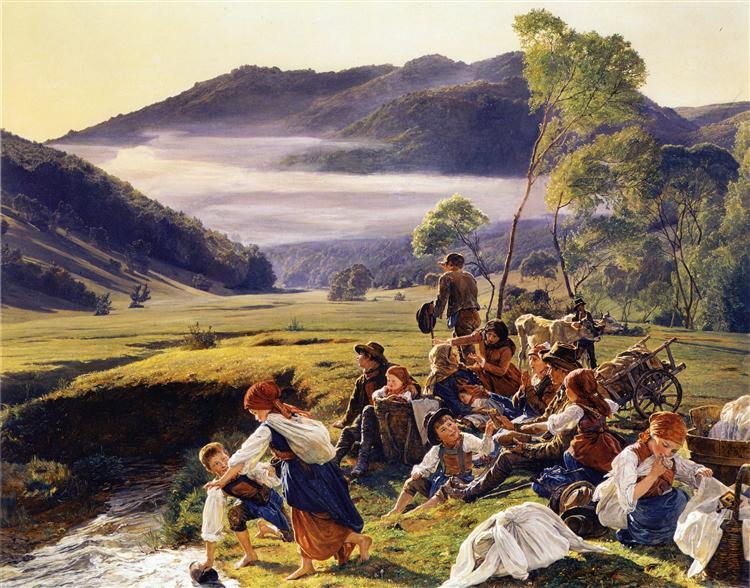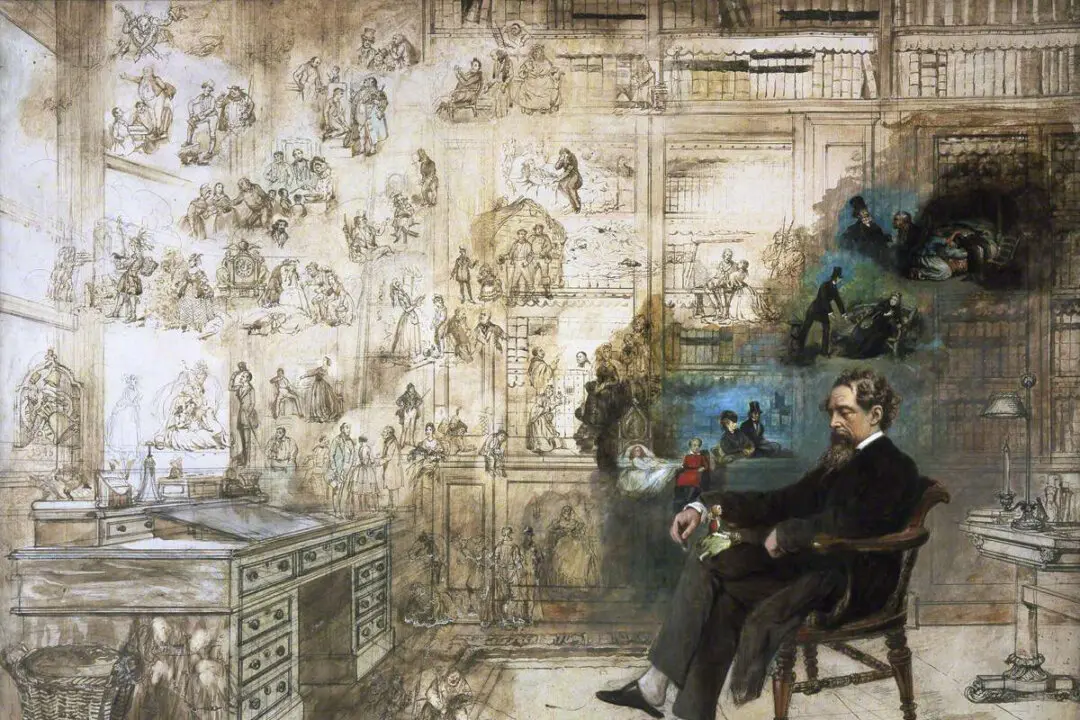In her short story, “The Pilgrims,” Mary Shelley tells of the knight, Burkhardt, who, in a fit of uncontrolled rage, curses his daughter and his enemy. Such a moment of unmitigated rage results in an estrangement from his beloved daughter and lifelong sorrow. Only forgiveness and mercy can truly heal him.
Burkhardt lives by himself in his castle in the valley of Unspunnen. As he walks through a grove of trees mourning past mistakes, two young pilgrims interrupt his thoughts. Seeing their tired faces, he welcomes them in with entertainment and a good meal.






